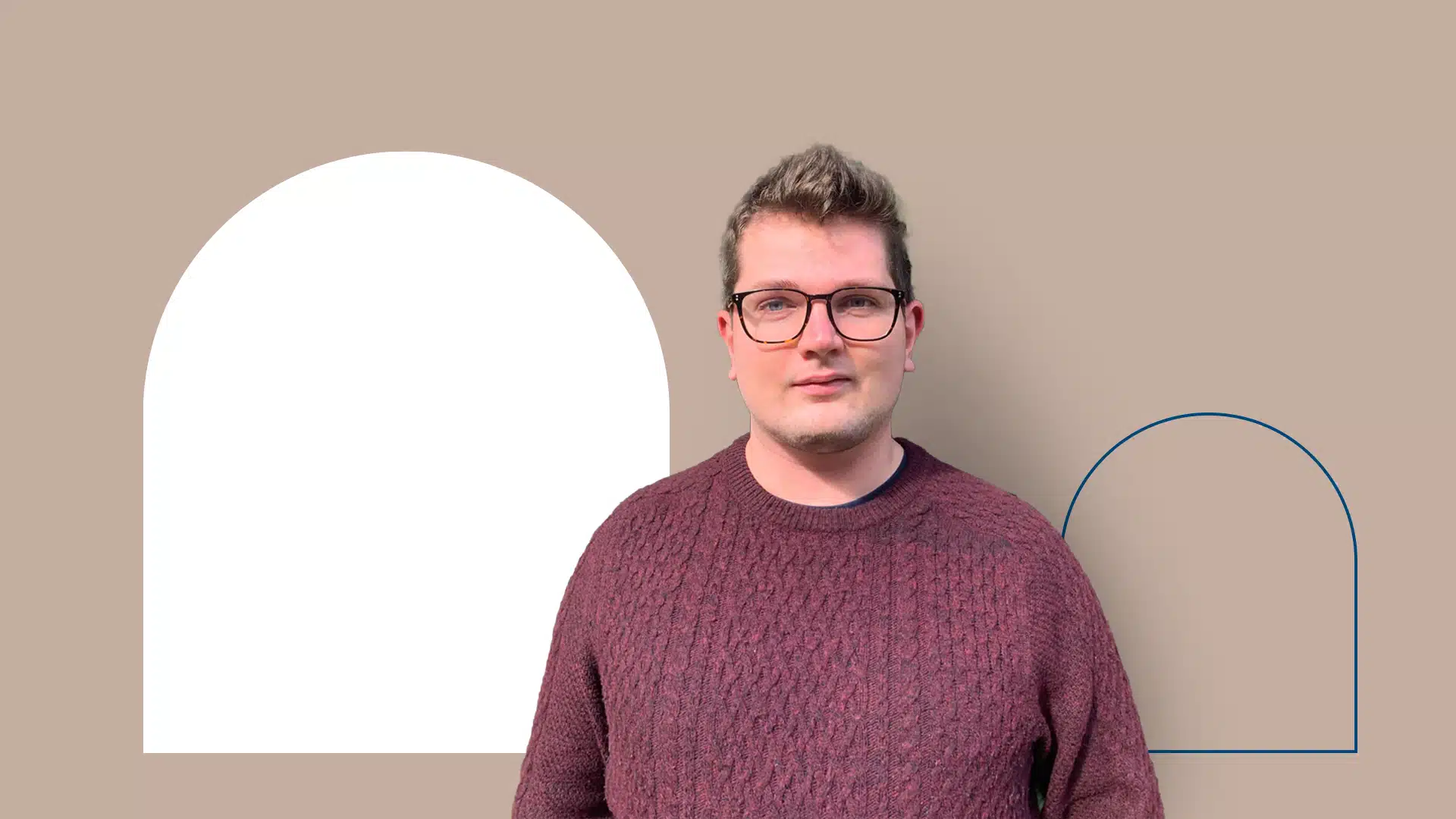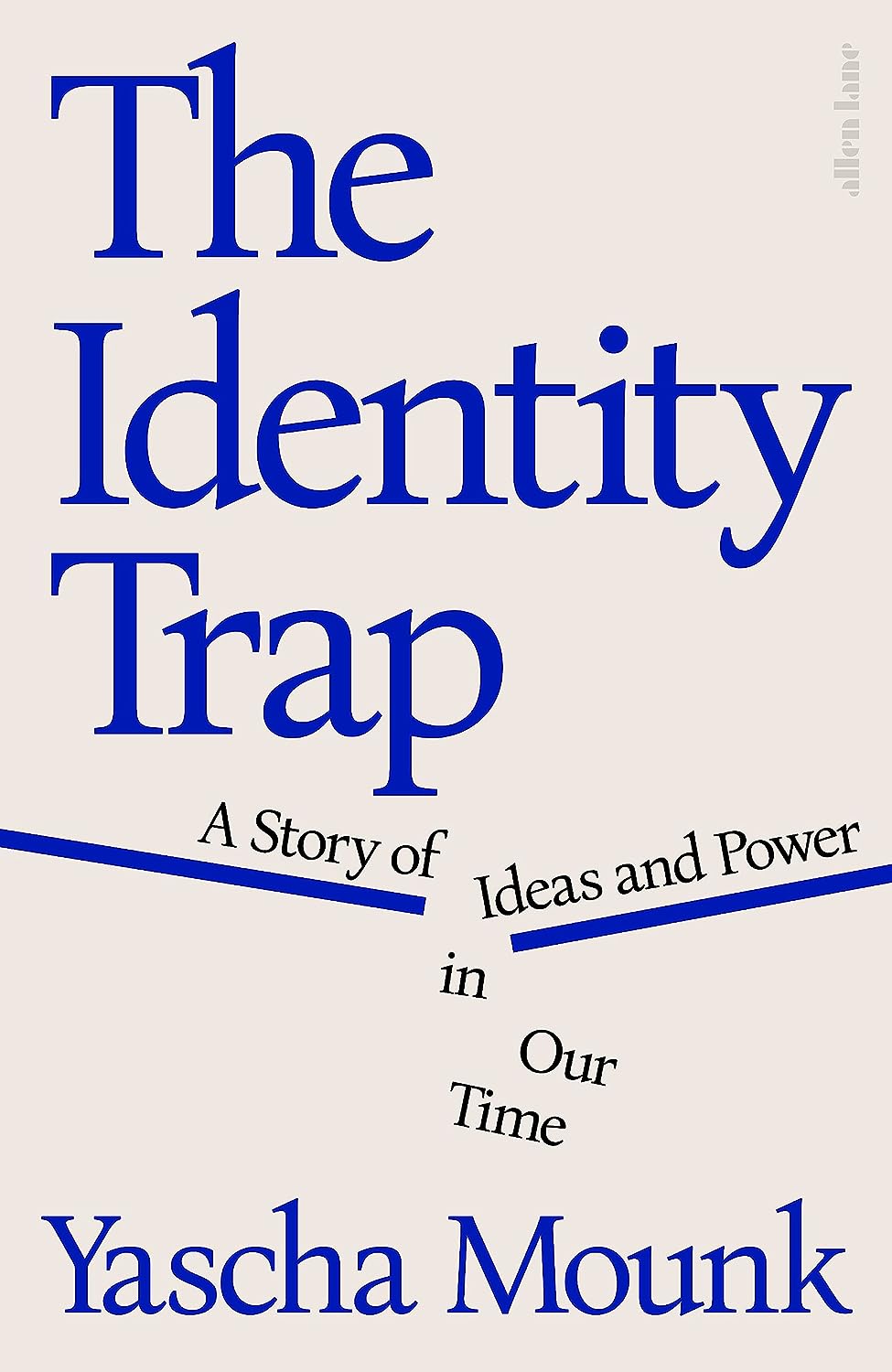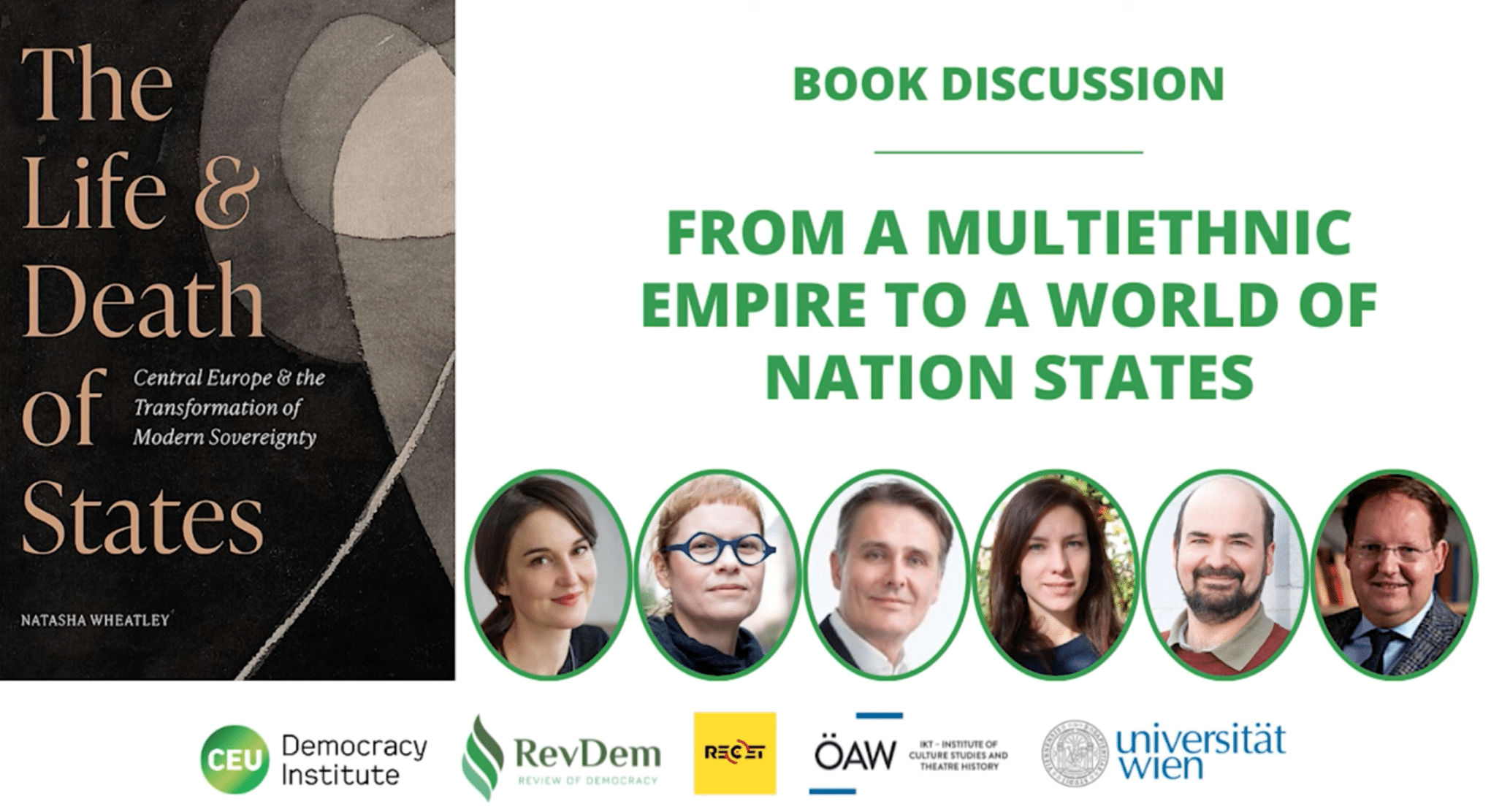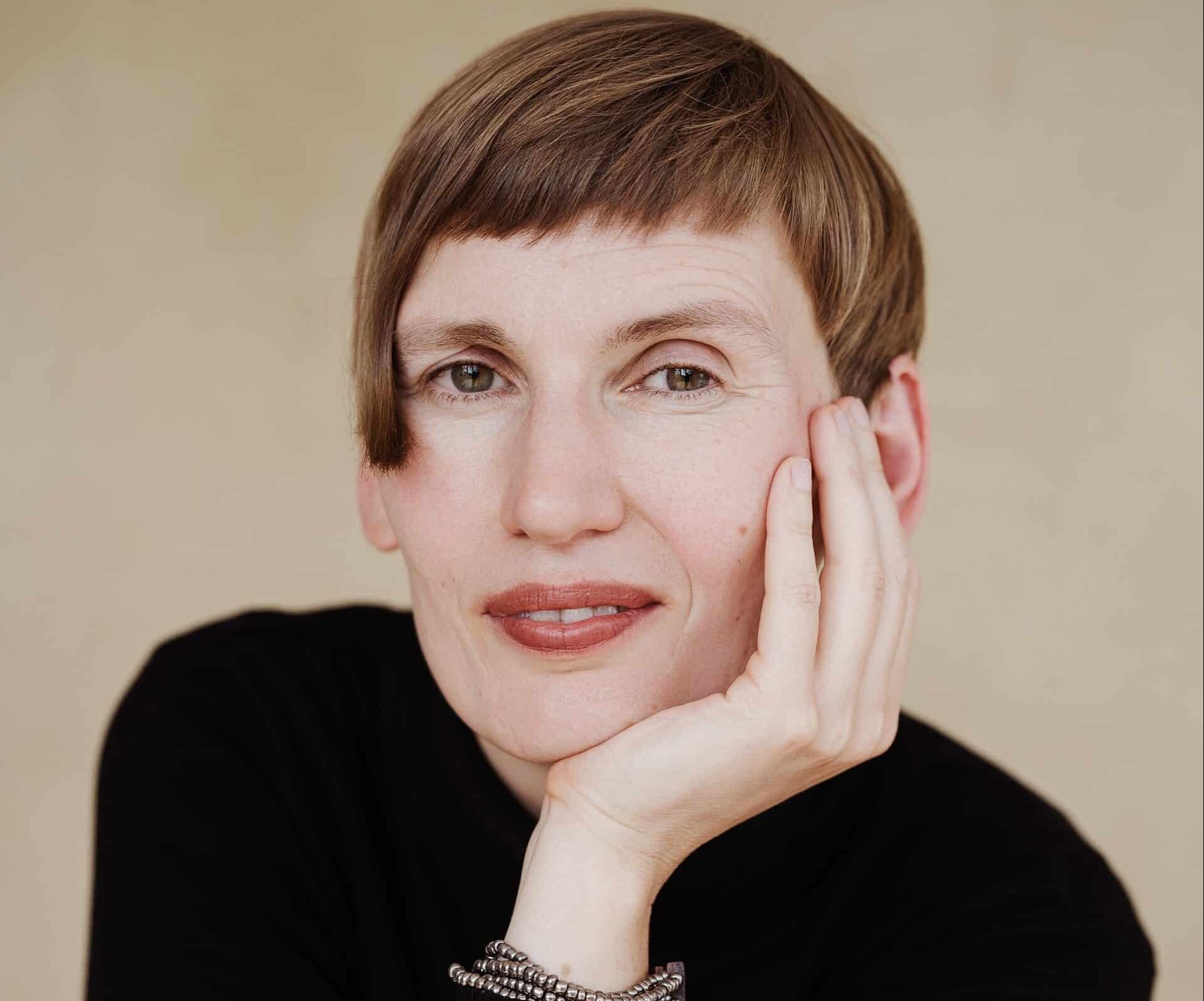Interviews
Interviews
East Europeans, the Eternal Poor Children of the Union?
In this conversation with Petr Agha, Joseph H. H. Weiler discusses the EU’s persistent democratic deficit and how the Union’s equilibrium has been disrupted; explores the rise of populism and questions of national identity; contrasts Eastern and Western Europe; and reflects on the evolving geopolitical landscape. “Let's fix European democracy first, and then I would be in favour of majoritarianism because veto power is undemocratic.”
25.04.2024

Interviews
To push for as large a change as our democratic system will permit: Joseph Stiglitz on economics and the good society
In this conversation at the Review of Democracy, Joseph Stiglitz discusses key features of progressive, social democratic capitalism; explains what motivated him to want to reclaim the language of freedom from the Right; and reflects on what the toolkit of the economist can contribute to our understanding of the relationship between freedom and democracy.
24.04.2024

Interviews
Still a long way to go
In this conversation with our guest editor Eszter Horvath, Phillip Ayoub discusses recent developments in the LGBT movement, introduces the concept of locally rooted messaging, and his own trajectory from activism to academia. Phillip Ayoub is a Professor in the Department of Political Science and School of Public Policy at University College London. He also serves as Editor of the European Journal of Politics & Gender. Ayoub's research bridges international relations and comparative politics, engaging with literature on transnational politics, sexuality and gender, norm diffusion, and the study of social movements, with a strong interest in how the transnational mobilization of marginalized peoples and international channels of visibility influence socio-legal change across states. He is the author of When States Come Out: Europe’s Sexual Minorities and the Politics of Visibility (Cambridge University Press, 2016), and The Global Fight Against LGBTI Rights: How Transnational [...]
4.04.2024

Interviews
Adventures in Democracy
In this conversation at the Review of Democracy, Erica Benner – author of the new book Adventures in Democracy: The Turbulent World of People Power – shows what a more self-critical and down-to-earth understanding of democracy would entail; discusses what it means that there is a constant battle within democracies between principles of universal liberty, equality, and power-sharing, on the one hand, and the boys’ club logic, on the other; explains why self-restraint and acknowledging others’ fear of losing their share of power are crucially important; and reflects on the development of a truly global conversation about democracy.
2.04.2024

Interviews
Some Like it Dark – In Conversation with Alessandro Nai
Who is a dark politician? How do dark politicians perform in the elections and in handling crises? What does being “dark” mean for female politicians? Why some people like it dark? In this conversation with Kasia Krzyżanowska, Alessandro Nai discusses his newest book “Dark Politics. The Personality of Politicians and the Future of Democracy,” co-authored with Jürgen Maier.
22.03.2024

Interviews
Why Would You Call Donald Trump a Fascist?
Daniel Steinmetz-Jenkins on American Intellectuals, the Fascism Debate, and the Larger Political Stakes In this conversation at the Review of Democracy, Daniel Steinmetz-Jenkins – editor of the new collection Did It Happen Here? Perspectives on Fascism and America – discusses the intellectual stakes and political relevance of the fascism debate; reflects on how the fascism debate relates to discourses around democratic decline and the ongoing history wars; shows what a more global perspective on US American debates can reveal; and ponders whether the next round of the fascism debate might just be around the corner. Daniel Steinmetz-Jenkins is a historian of modern political and intellectual thought. He acts as Assistant Professor in the College of Social Studies at Wesleyan University. He runs a regular interview series at The Nation and is an editor at Modern Intellectual History. He also helps curate the History of Ideas section of the Review of Democracy. Did It Happen Here? [...]
18.03.2024

Interviews
Colonialism and European Integration – In Conversation with Hanna Eklund
In this conversation with Kasia Krzyżanowska, Hanna Eklund discusses her recent article, “Peoples, Inhabitants and Workers: Colonialism in the Treaty of Rome”, published in the European Journal of International Law. She talks about the “coded language” of colonialism in the Treaty of Rome, explains the approach of the Treaty drafters to the African independence movements, and reflects on the colonial legacies of contemporary EU law.
14.03.2024

Interviews
Militant Rule of Law and Not-So-Bad Law: in conversation with András Sajó
The question of how to reverse illiberal backsliding after regime change is becoming live within Europe and beyond. This Rule of Law section podcast between Oliver Garner and András Sajó (Professor at the Central European University and Senior Research Fellow at the CEU Democracy Institute) considers this dilemma through the recently published lens of the CEU DI working paper ‘Militant Rule of Law and Not-So-Bad Law’.
28.02.2024

Interviews
Autonomous but with no bridges built: Fernando Casal Bértoa on inter-party relations in Spain -Party Co-Op Series
For most of its existence the Spanish party system has been dominated by the Socialist Party, PSOE, and the People’s Party, PP. Accordingly, and somewhat unusually in Europe, the governments tended to be based on a single party. However, parties have been repeatedly forced to cooperate in parliament and since 2020 they must share office in government. This change is obviously related to the fact that recently new actors have appeared on the scene, challenging the center-right and the center-left.
26.02.2024

Interviews
Ukrainians Started as the Scots and Ended Up as the Irish – Yaroslav Hrytsak on the Global History of Ukraine
In this conversation with Visible Ukraine editor Marta Haiduchok and RevDem editor Ferenc Laczó, Yaroslav Hrytsak – author of the new book Ukraine: The Forging of a Nation – explains what makes Ukraine a geopolitically crucial borderland and why the Ukrainian question has become acute at the most critical turns in global history.
24.11.2023

Interviews
From Pink Tide to a Far-Right-Wave: Latin America’s Authoritarian Encore?
In this conversation with RevDem assistant editor Lorena Drakula, Cristóbal Rovira Kaltwasser sheds light on the historical context, ideological characteristics, and the consequential impact of the recent far-right success in Latin America, encompassing prominent figures from José Antonio Kast and Jair Bolsonaro to Nayib Bukele and Javier Milei.
14.11.2023

Interviews
The Rule of Law in Malta: In Conversation with Jenny Orlando-Salling
In the latest RevDem Rule of Law podcast, Oliver Garner discusses the current state of the Rule of Law, democracy, and corruption in Malta with Jenny Orlando-Salling. Jenny is a Ph.D. researcher at the University of Copenhagen, and she previously worked at the Permanent Representation of Malta to the EU and as Deputy Head of Mission and Consul to the Embassy of Malta in Egypt and Sudan.
2.11.2023

Interviews
Disabusing Constitutional Identity? In Conversation with Julian Scholtes
The monograph The Abuse of Constitutional Identity in the European Union (OUP, 2023) by Julian Scholtes (Lecturer in Public Law, University of Glasgow) was published in September. In this latest RevDem Rule of law podcast, Oliver discuss constitutional identity and its implications for the Rule of Law and democracy in Europe today. Oliver Garner: I found that your distinction between generative, substantive, and relational aspects of constitutional identity abuse is an impressive attempt to categorize such illegitimate practices systematically. How do these concepts advance our understanding of constitutional identity and its abuse? Do you believe they can be operationalized to allow the identification of abusive identity claims in practice? Julian Scholtes: I think we need to distinguish this idea of constitutional identity, that is quite commonly used in comparative constitutional law, as an analytical lens which allows us to look into the relationship between [...]
29.09.2023

Interviews
What Makes the Identity Synthesis a Trap? Yascha Mounk on the Emergence, Appeal, and Consequences of a Defining Ideology of Our Time
In this conversation with Ferenc Laczó, Yascha Mounk discusses his last book "The Identity Trap. A Story of Ideas and Power in Our Time".
26.09.2023

Interviews
From a Multiethnic Empire to a World of Nation States
The CEU Democracy Institute’s journal, Review of Democracy, the Research Center for the History of Transformations (RECET), the Institute of Culture Studies and Theatre History at the Austrian Academy of Sciences (ÖAW/IKT) and the Department of European, International and Comparative Law at the Faculty of Law at the University of Vienna cordially organised a book discussion on Central Europe's function as a laboratory of our current world order based on Natasha Wheatley's bold and fascinating new book The Life and Death of States: Central Europe and the Transformation of Modern Sovereignty (Princeton University Press 2023)
13.09.2023

Interviews
Bloodless Murder: Stefano Bottoni on How the Orbán Regime Was Made and What Hungary Has Become
In this conversation with RevDem editor Ferenc Laczó, Stefano Bottoni – author of the new Hungarian-language book A hatalom megszállottja. Orbán Viktor Magyarországa (Obsessed with Power. Viktor Orbán’s Hungary) – discusses how the current political system has been built up in Hungary and which theories might help us analyse this process; reflects on the Orbán regime’s sources of legitimacy and internal contradictions; and explores the changing relationship of the country to the European Union and to Putin’s Russia.
6.09.2023

Interviews
The Freedom to Stay: Eva von Redecker on Positive Ecological Freedom and the Need for a New Temporal Literacy
In this conversation with RevDem editor Ferenc Laczó, Eva von Redecker – author of the new German-language book Bleibefreiheit (The Freedom to Stay) – shows what it means to think of freedom in terms of time rather than space; explains what implications it has that we are actually “born unfree but not alone”; reflects on the personal experiences and intellectual influences that inspired her; and sketches what the realization of positive ecological freedom might look like.
4.09.2023

Interviews
A Betrayal of Liberalism: Samuel Moyn on the Mistaken Path of Cold War Liberals
In this conversation with RevDem editor Ferenc Laczó, Samuel Moyn – author of the new book Liberalism Against Itself. Cold War Intellectuals and the Making of Our Times – discusses what motivated him to explore the Cold War liberal betrayal of previous liberal traditions; what their redefinition of the liberal canon and silences about crucial developments in their own lifetime may reveal about Cold War liberals; why the liberal establishment has failed to reexamine Cold War liberalism since 1989–91; and what would be minimally needed to make contemporary liberalism “credible enough for salvation.”
29.08.2023

Interviews
Negotiating Amidst Turmoil: Analyzing the Interplay of Dialogue and Conflict in Kosovo-Serbia Relations
In this conversation with assistant editor Lorena Drakula, Bodo Weber, a Senior Fellow at the Democratization Policy Council in Berlin, discusses the current situation, as well as the complex dynamics of the Kosovo-Serbia dialogue, unpacking its democratic implications, challenges, and opportunities.
22.07.2023

Interviews
Models of Judicial Independence in Europe: In Conversation with Pablo Castillo Ortiz
In this latest RevDem Rule of Law podcast, assistant editor Teodora Miljojkovic discusses the different models of judicial independence in Spain and beyond with Pablo Castillo Ortiz.
19.07.2023

Interviews
“Neither Amnesia nor Nostalgia” Discussing the Non-Aligned Movement with Chiara Bonfiglioli, Agustín Cosovschi, and Paul Stubbs
In this conversation with RevDem contributor Una Blagojević, Paul Stubbs, Chiara Bonfiglioli, and Agustín Cosovschi discuss the different meanings of the Non-Aligned Movement and the need to rethink the “West–East–Non-Aligned” trajectories; approach Yugoslav foreign policy critically and explain why they attach such importance to imaginaries; show the importance of developing a “perspective from below” and analyze what a gendered perspective on the movement can yield; and reflect on possibilities of future research.
13.07.2023

Interviews
India’s Basic Structure Doctrine: Past, Present, and Future: In Conversation with Moiz Tundawala and Anuj Bhuwania
In this episode, assistant editor Rohit Sarma discusses the “basic structure” doctrine of the Indian Constitution on the occasion of its 50th anniversary with Moiz Tundawala and Anuj Bhuwania, Professors of Constitutional Law at the Jindal Global Law School in India.
12.07.2023

Interviews
A Savage War of Russian Decline: Serhii Plokhy Discusses the Russo-Ukrainian War
In this conversation co-hosted by Marta Haiduchok (Visible Ukraine) and Ferenc Laczó (the Review of Democracy), Serhii Plokhy – author of the new book "The Russo-Ukrainian War" – discusses why Ukraine was so crucial to the Soviet collapse and how Ukraine and Russia diverged subsequently; explains what made Ukraine a focal point of competition in the post-Cold War decades and which factors enabled the current devastating war; dissects the origins of Russian imperialism and Russia’s current war aims; reflects on the state of Ukrainian Studies and suggests new questions concerning Ukrainian nationalism and Russian imperialism; elaborates on the stages of the unfolding war and the reasons behind Ukraine’s ability to fight back; and ponders what major geopolitical shifts the Russo-Ukrainian war might signal or reinforce.
30.06.2023

